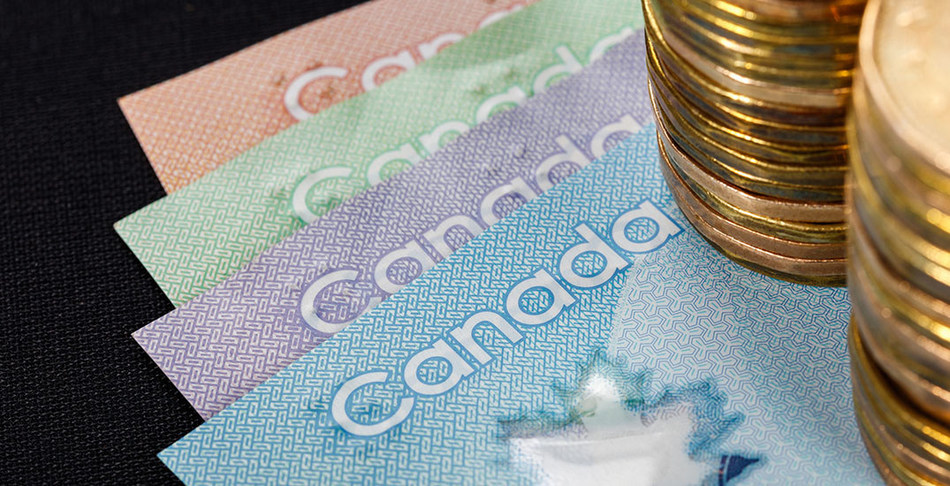The proposed changes to the federal business support programs announced last week are causing confusion and concern among small business owners, according to the latest survey from the Canadian Federation of Independent Business (CFIB). While half (51 per cent) of small businesses say they do not need government support at this time, 41 per cent do require further support. Importantly, only one in five businesses that do require additional help report they will qualify for either of the two main streams for wage or rent support.
“While it is good news that many small businesses have transitioned off of federal support, 80 per cent of those that still need help will no longer qualify,” said Dan Kelly, president of CFIB. “The major challenge is that Ottawa has established an incredibly high bar before any wage or rent subsidies become available. A restaurant or hotel with a one-third current loss in revenue will receive zero support. Even worse, a gym or bowling alley with a 45 per cent loss in revenue will receive no help.”
Subsidy rate for wages and rent, by program and revenue loss
|
Revenue Reduction (12 month & Current Month) |
|||||||
|
10% |
20% |
30% |
40% |
50% |
60% |
75%+ |
|
|
Tourism & Hospitality Recovery Program |
0% |
0% |
0% |
40% |
50% |
60% |
75% max |
|
All Others: Hardest-Hit Business Recovery |
0% |
0% |
0% |
0% |
10% |
26% |
50% max |
“Outside of tourism and hospitality, even those that do qualify for support will get very little,” Kelly noted. “A restaurant with a 50 per cent revenue loss gets a 50 per cent subsidy, but a gym with the same revenue loss gets only 10 per cent. CFIB’s Business Helpline is flooded with calls from confused business owners, unsure of which program they will qualify for. Will a hotel or restaurant supplier, an events planning company or bowling alley qualify under the more generous tourism program? No one in Ottawa has provided an answer.”
“It is deeply troubling that nearly two years after the pandemic began, a full half of Canada’s small business community has current losses greater than 10 per cent, with one-third experiencing losses greater than 25 per cent. Most of these businesses will now lose access to critical wage and rent supports unless Ottawa amends its program changes. And none of this factors in the $170,000 in new COVID-related debt the average small firm has taken on,” Kelly added.
CFIB is launching a new petition calling on the government to make critical changes to its new business support programs before implementing them, including:
- Lower the threshold for all wage and rent supports (Tourism and Hospitality & the Hardest-Hit Business Recovery Programs) to 10 per cent as is in place for the Canada Recovery Hiring Program.
- Raise the wage/rent subsidy levels for all businesses to the formula used for the Tourism and Hospitality Recovery Program (1 per cent subsidy for every 1 per cent drop in revenue from 10 to 75 per cent).
- Include new businesses that started after the pandemic began in all business support programs.
- Offer additional funding through the Canada Emergency Business Account (CEBA) loan, increase the amount forgivable, and delay the repayment deadline to the end of 2024.
- Dedicate the $1 billion in funding promised to provincial governments to implement vaccine passport systems to the small business owners required to implement these systems.
“Small business owners want to transition from subsidies to sales, but many are still under significant restrictions like capacity limits and vaccine passports. Until small businesses are allowed to serve all of their former customers, the federal government needs to make support available to those who need it,” concluded Kelly.
Small business owners can sign CFIB’s petition calling on the government to extend the federal support programs at cfib.ca/covidpetition.
SOURCE Canadian Federation of Independent Business
